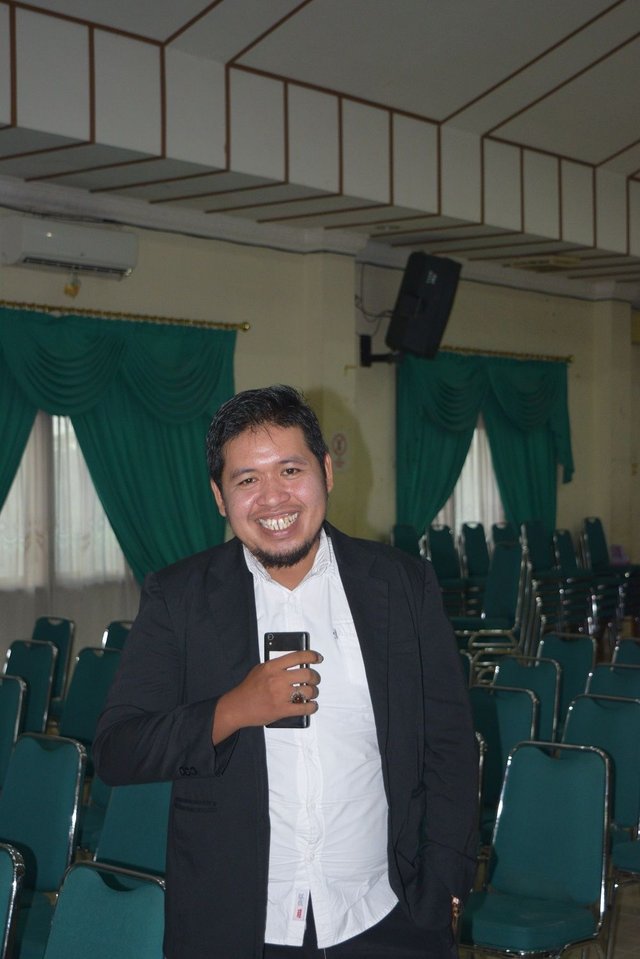TEROR IN PERSONAL PEACE

In recent weeks violence has escalated. It is not easy to identify whether the violence is criminal or political. Certainly the violence resulted in one conclusion that the peace transition will continue to be accompanied by challenges. If examined the journey of terror and crime initially only addressed to the symbols of government and security apparatus, such as homes and pendopo Bupati and Deputy Mayor in Aceh Utara and Lhokseumawe. Then followed by the Brimob headquarters of Banda Aceh. In the last two weeks victims of violence have become more random. There are people and former GAM who are victims. Until now, it is not known whether the perpetrators of violence are local actors who are disappointed with the situation that marginalized them from the social, political and economic arena after the peace process, or other groups who came to Aceh to spread terror. If the first group becomes the perpetrators, they must be made aware and involved in the political, social and economic process in Aceh. But if the perpetrators of outsiders are concerned about unrest, then the police and the government need to take policing steps to discipline the group and force them out of Aceh.
An important question to identify this issue is why violent acts increase. What social and political factors lead to their actions of social unrest? These questions can only be answered by thoroughly evaluating all phases of peace in Aceh. In particular, the vulnerable reintegration stages lead to the discontent and disappointment of former GAM combatants and conflict-affected communities. So far the peace process has resulted in relatively good security conditions. The same is true of the political process that has resulted in the new Aceh government elected through Pilkada last year. The problem is, the journey of the reintegration process is not proportional to the progress made in politics. The political process has resulted in new elites whose behavior is sometimes strange. Lagee the puntong meureumpok jaroe. This provoked disappointment amongst the other groups who had been with them in the line of resistance. People began to be disappointed to see the behavior of some ex-guerrillas who "like peanuts forget the skin". At the middle-class level, the disappointment of these new elite behaviors is demonstrated by their critical attitude towards GAM's government and elites. While at the grassroots level, the expression of disappointment is different. Some refuse to be linked as ex-combatants because they feel embarrassed, others then choose silent languages as a form of resistance to deviant behaviors that are incompatible with the original ideals of Aceh's struggle. The appearance of disappointment is manifested in diverse expressions. Some make it happen by creating anxiety to steal the attention of the elite. There is also an apathy on the situation. However, the security apparatus also can not shut out the possibility of spoilers who emerged from the outset are already resistant to peace coming from outside Aceh.
Controlling Circumstances
The governor needs to build communication into disillusioned groups and need to embrace them so that he does not repeat the mistakes of the central government in dealing with Aceh. Violent violence will only extend new acts of violence. It has been proved by the unrelenting acts of terror, although the Governor has promised to break the terror. The governor needs to establish a pattern of civil communication, not a military communication pattern that makes the situation on the ground worse. the governor must understand that the disappointment of the situation is not only the behavior of some elites who do not give exemplary to subordinates and society. But there is also a struggle and ideological transformation. The ex-combatants below must adapt to the peace ideology that is currently being campaigned by the elite who once campaigned for independence. It is not easy for ex-combatants to change their ideology in a matter of days. Metz (1993) says, "the insurgency is born, lives, and dies in a specific strategic, historical, and psychological context". Rebellion can be born and died in certain contexts. But is there any guarantee that when a rebellion stops its ideology dies? Can ideologies, such as nationalism, which Coulhon (1993) constructed by the elite, can change when the elite replaces his ideology? The puzzles are hard to answer. This is what is going on in Aceh after the government has made peace with GAM. It takes time and patience to integrate ex-combatants into the political system they once fought.
This context should be understood by the Governor,